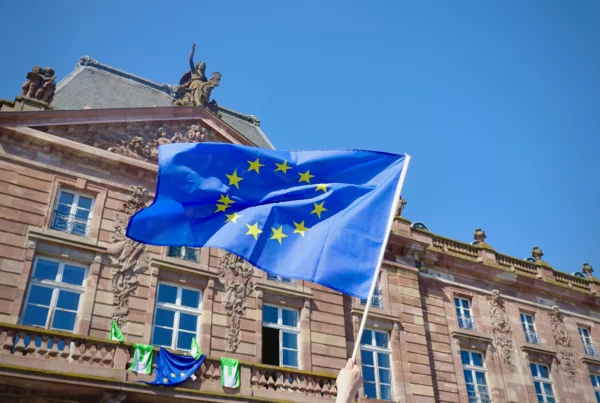Lessons from the Covenant of Mayors in Sub-Saharan Africa on energy, adaptation and resilience
The Covenant of Mayors in Sub-Saharan Africa (CoM SSA) is a landmark initiative launched by the European Union in 2015 to strengthen local governments’ response to climate change, promote access to clean energy, and build long-term urban resilience. With over 200 signatory cities and a strong support network of partners, the initiative has empowered local authorities to develop Sustainable Energy Access and Climate Action Plans (SEACAPs) based on their own priorities and challenges.
At a concluding workshop held in Cape Town, participants from pilot cities, non-funded signatories, and local experts gathered to reflect on their experiences, share lessons learned, and chart the way forward for climate action at the local level.
A bottom-up approach to climate action
The CoM SSA approach is rooted in the understanding that cities, especially in Sub-Saharan Africa, are uniquely positioned to implement climate policies that are both ambitious and inclusive. Through support in planning, training, technical assistance and data collection, cities were equipped to address three central themes: mitigation, adaptation and access to affordable energy.
Energy access remains one of the region’s most pressing challenges, with only 32% of the population having access to electricity. Yet despite low carbon emissions compared to global averages, African cities are disproportionately vulnerable to the impacts of climate change. This makes the integration of climate and development priorities not only desirable, but essential.
Key lessons from the ground
The workshop highlighted a set of practical insights for future projects:
- Climate planning must be institutionalised across all levels of government to ensure continuity and avoid fragmentation.
- Political backing is vital: champions within local councils can significantly boost project success.
- Data collection is fundamental, but often difficult. Cities need targeted support to overcome technical and bureaucratic hurdles.
- Stakeholder inclusion, especially at the early stages, is key to making plans locally relevant and actionable.
- Behaviour change within institutions and communities is as important as infrastructure investment.
- Training local officials and developing tailored communication strategies are essential to securing long-term buy-in.
- Journalists and the media can play a crucial role in building public understanding, but they also need to be supported and trained.
The transition to low-carbon, climate-resilient cities in Sub-Saharan Africa is urgent, and the CoM SSA programme has laid a solid foundation for this transformation. However, participating cities stressed that they are not ready to continue alone. Continued support for capacity-building, funding, and guidance through the next phases of SEACAP implementation is essential.
To meet global climate goals and reduce inequality, both bottom-up and top-down approaches must work together. Local governments need stronger backing from national authorities and the international community to bridge the gap between policy ambition and service delivery.
Ultimately, the experience of CoM SSA cities shows that climate action in Africa must be collaborative, context-specific, and inclusive, because the future of climate resilience lies in empowering those who are closest to the challenge.
For more information, contact:

Project Lead – Climate, Energy & Urban Development







